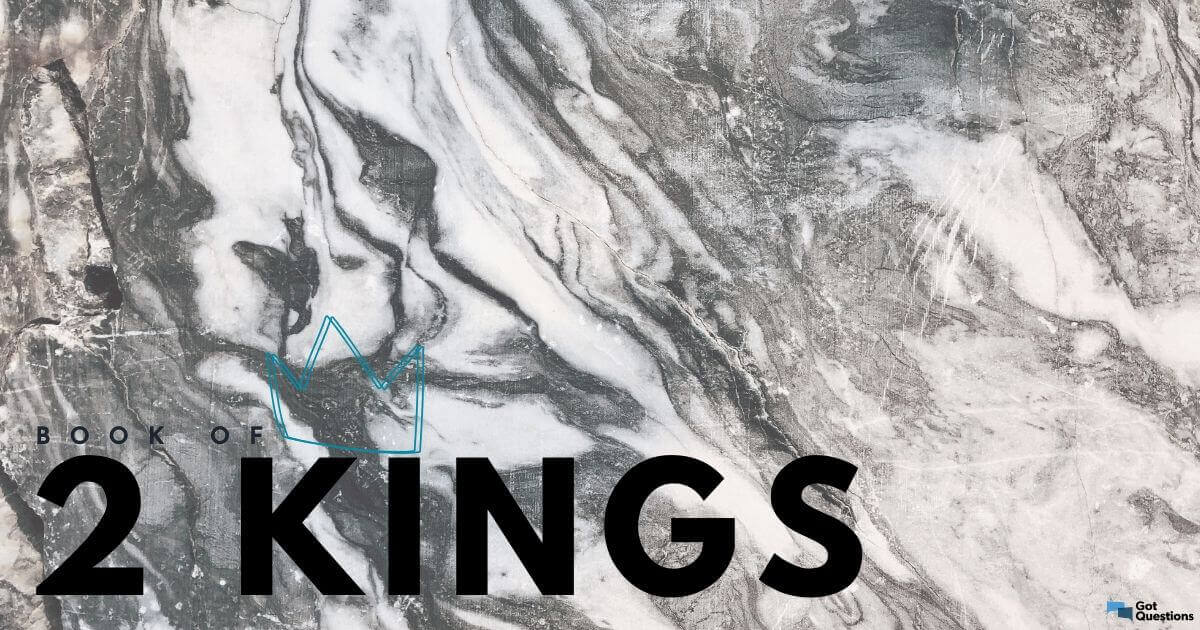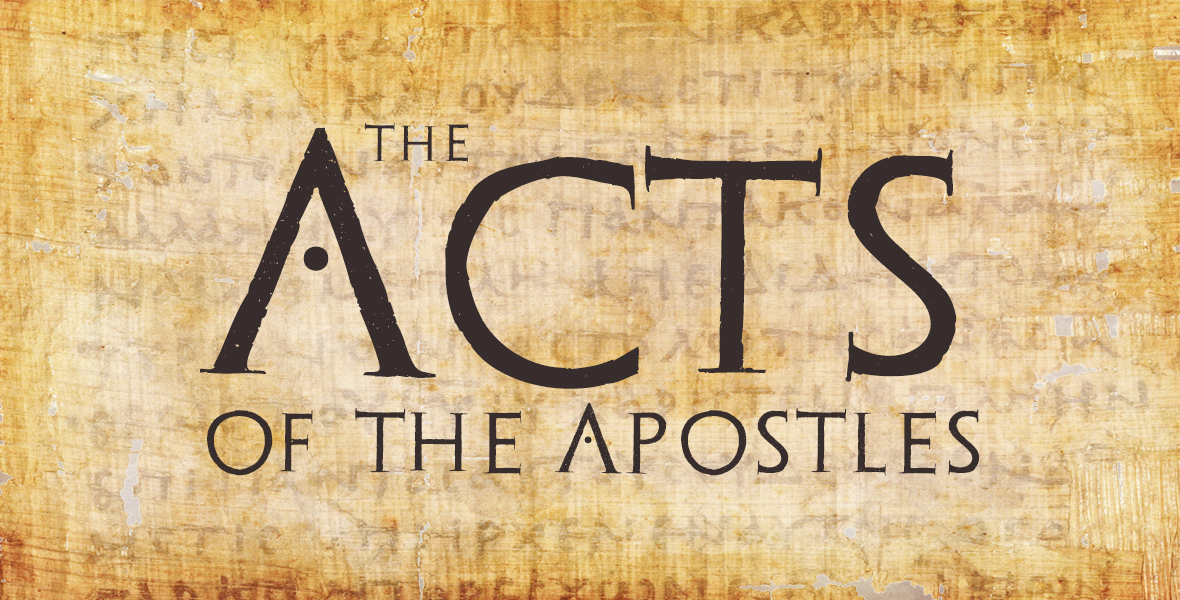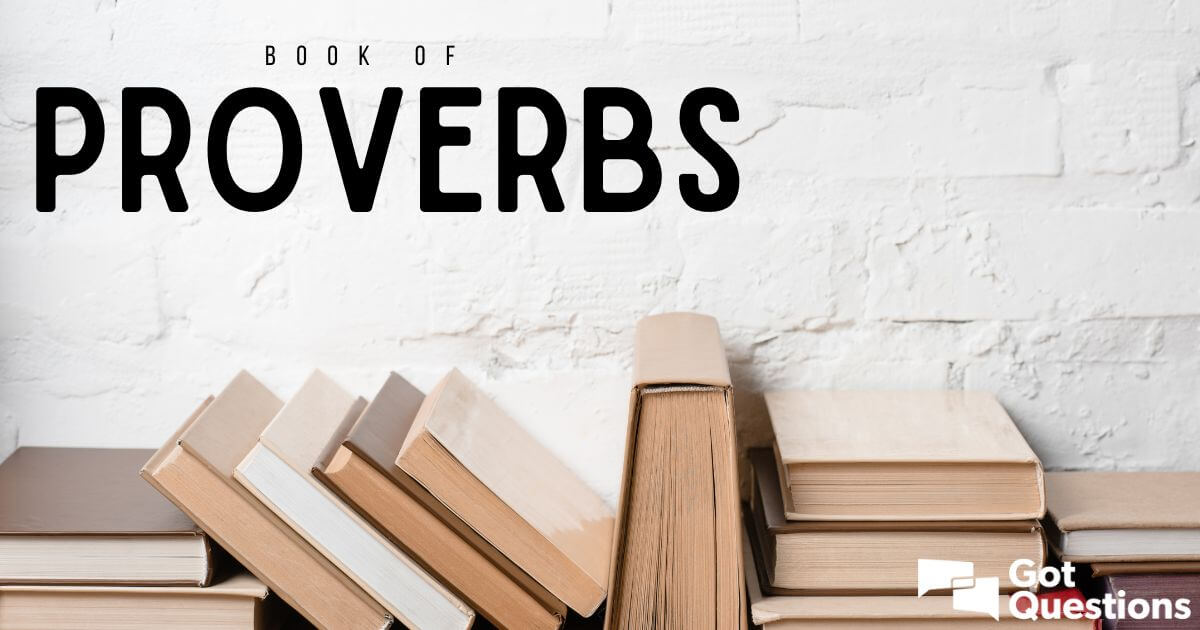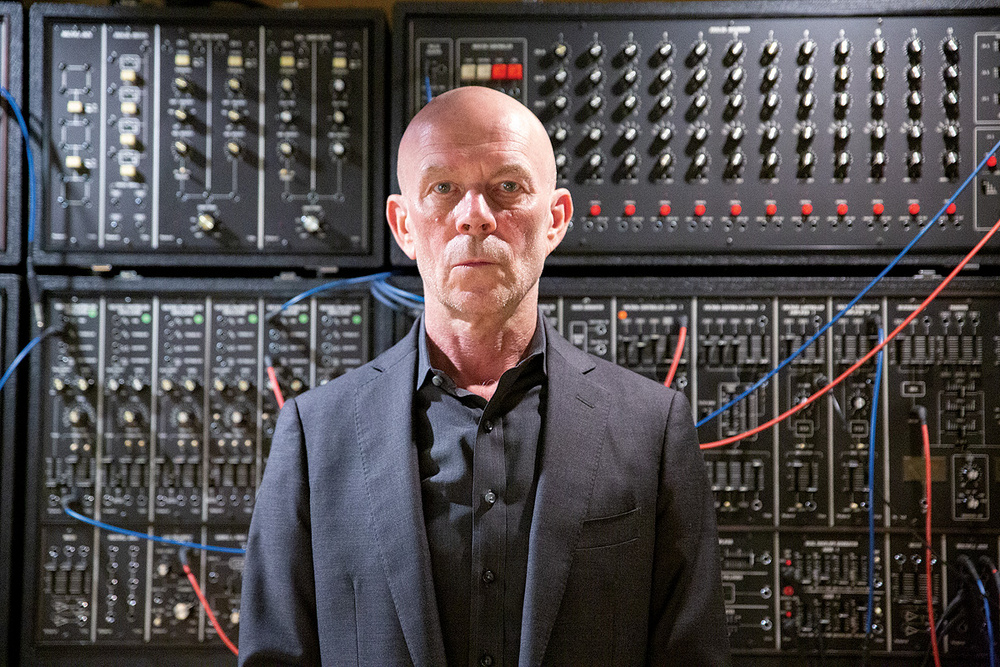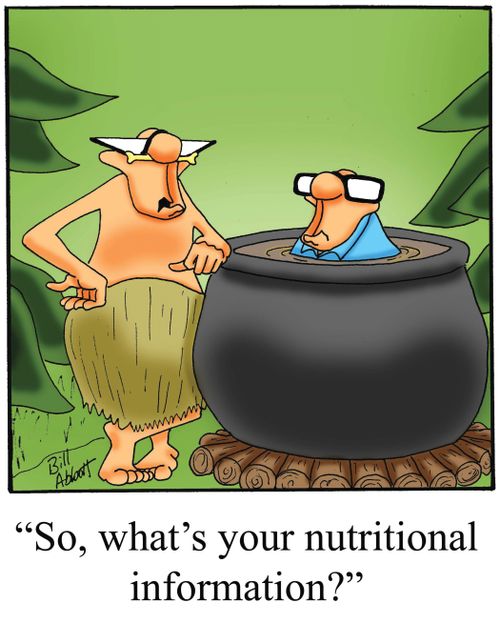
Let's read the Bible together in the next year. Today, our passages are 2 Kings 22:3–23:30; Acts 21:37–22:16; Psalm 1:1-6; and Proverbs 18:11-12. The readings are from The Message by Eugene H. Peterson.
2 Kings 22:3-23:30 (The Message)
3-7 One day in the eighteenth year of his kingship, King Josiah sent the royal secretary Shaphan son of Azaliah, the son of Meshullam, to The Temple of God with instructions: "Go to Hilkiah the high priest and have him count the money that has been brought to The Temple of God that the doormen have collected from the people. Have them turn it over to the foremen who are managing the work on The Temple of God so they can pay the workers who are repairing God's Temple, all the carpenters, construction workers, and masons. Also, authorize them to buy the lumber and dressed stone for The Temple repairs. You don't need to get a receipt for the money you give them—they're all honest men."
8 The high priest Hilkiah reported to Shaphan the royal secretary, "I've just found the Book of God's Revelation, instructing us in God's ways. I found it in The Temple!" He gave it to Shaphan and Shaphan read it.
9 Then Shaphan the royal secretary came back to the king and gave him an account of what had gone on: "Your servants have bagged up the money that has been collected for The Temple; they have given it to the foremen to pay The Temple workers."
10 Then Shaphan the royal secretary told the king, "Hilkiah the priest gave me a book." Shaphan proceeded to read it to the king.
11-13 When the king heard what was written in the book, God's Revelation, he ripped his robes in dismay. And then he called for Hilkiah the priest, Ahikam son of Shaphan, Acbor son of Micaiah, Shaphan the royal secretary, and Asaiah the king's personal aide. He ordered them all: "Go and pray to God for me and for this people—for all Judah! Find out what we must do in response to what is written in this book that has just been found! God's anger must be burning furiously against us—our ancestors haven't obeyed a thing written in this book, followed none of the instructions directed to us."
14-17 Hilkiah the priest, Ahikam, Acbor, Shaphan, and Asaiah went straight to Huldah the prophetess. She was the wife of Shallum son of Tikvah, the son of Harhas, who was in charge of the palace wardrobe. She lived in Jerusalem in the Second Quarter. The five men consulted with her. In response to them she said, "God's word, the God of Israel: Tell the man who sent you here that I'm on my way to bring the doom of judgment on this place and this people. Every word written in the book read by the king of Judah will happen. And why? Because they've deserted me and taken up with other gods, made me thoroughly angry by setting up their god-making businesses. My anger is raging white-hot against this place and nobody is going to put it out.
18-20 "And also tell the king of Judah, since he sent you to ask God for direction; tell him this, God's comment on what he read in the book: 'Because you took seriously the doom of judgment I spoke against this place and people, and because you responded in humble repentance, tearing your robe in dismay and weeping before me, I'm taking you seriously. God's word: I'll take care of you. You'll have a quiet death and be buried in peace. You won't be around to see the doom that I'm going to bring upon this place.'"
The men took her message back to the king.
8 The high priest Hilkiah reported to Shaphan the royal secretary, "I've just found the Book of God's Revelation, instructing us in God's ways. I found it in The Temple!" He gave it to Shaphan and Shaphan read it.
9 Then Shaphan the royal secretary came back to the king and gave him an account of what had gone on: "Your servants have bagged up the money that has been collected for The Temple; they have given it to the foremen to pay The Temple workers."
10 Then Shaphan the royal secretary told the king, "Hilkiah the priest gave me a book." Shaphan proceeded to read it to the king.
11-13 When the king heard what was written in the book, God's Revelation, he ripped his robes in dismay. And then he called for Hilkiah the priest, Ahikam son of Shaphan, Acbor son of Micaiah, Shaphan the royal secretary, and Asaiah the king's personal aide. He ordered them all: "Go and pray to God for me and for this people—for all Judah! Find out what we must do in response to what is written in this book that has just been found! God's anger must be burning furiously against us—our ancestors haven't obeyed a thing written in this book, followed none of the instructions directed to us."
14-17 Hilkiah the priest, Ahikam, Acbor, Shaphan, and Asaiah went straight to Huldah the prophetess. She was the wife of Shallum son of Tikvah, the son of Harhas, who was in charge of the palace wardrobe. She lived in Jerusalem in the Second Quarter. The five men consulted with her. In response to them she said, "God's word, the God of Israel: Tell the man who sent you here that I'm on my way to bring the doom of judgment on this place and this people. Every word written in the book read by the king of Judah will happen. And why? Because they've deserted me and taken up with other gods, made me thoroughly angry by setting up their god-making businesses. My anger is raging white-hot against this place and nobody is going to put it out.
18-20 "And also tell the king of Judah, since he sent you to ask God for direction; tell him this, God's comment on what he read in the book: 'Because you took seriously the doom of judgment I spoke against this place and people, and because you responded in humble repentance, tearing your robe in dismay and weeping before me, I'm taking you seriously. God's word: I'll take care of you. You'll have a quiet death and be buried in peace. You won't be around to see the doom that I'm going to bring upon this place.'"
The men took her message back to the king.
2 Kings 23
1-3 The king acted immediately, assembling all the elders of Judah and Jerusalem. Then the king proceeded to The Temple of God, bringing everyone in his train—priests and prophets and people ranging from the famous to the unknown. Then he read out publicly everything written in the Book of the Covenant that was found in The Temple of God. The king stood by the pillar and before God solemnly committed them all to the covenant: to follow God believingly and obediently; to follow his instructions, heart and soul, on what to believe and do; to put into practice the entire covenant, all that was written in the book. The people stood in affirmation; their commitment was unanimous. 4-9 Then the king ordered Hilkiah the high priest, his associate priest, and The Temple sentries to clean house—to get rid of everything in The Temple of God that had been made for worshiping Baal and Asherah and the cosmic powers. He had them burned outside Jerusalem in the fields of Kidron and then disposed of the ashes in Bethel. He fired the pagan priests whom the kings of Judah had hired to supervise the local sex-and-religion shrines in the towns of Judah and neighborhoods of Jerusalem. In a stroke he swept the country clean of the polluting stench of the round-the-clock worship of Baal, sun and moon, stars—all the so-called cosmic powers. He took the obscene phallic Asherah pole from The Temple of God to the Valley of Kidron outside Jerusalem, burned it up, then ground up the ashes and scattered them in the cemetery. He tore out the rooms of the male sacred prostitutes that had been set up in The Temple of God; women also used these rooms for weavings for Asherah. He swept the outlying towns of Judah clean of priests and smashed the sex-and-religion shrines where they worked their trade from one end of the country to the other—all the way from Geba to Beersheba. He smashed the sex-and-religion shrine that had been set up just to the left of the city gate for the private use of Joshua, the city mayor. Even though these sex-and-religion priests did not defile the Altar in The Temple itself, they were part of the general priestly corruption and had to go.
10-11 Then Josiah demolished the Topheth, the iron furnace griddle set up in the Valley of Ben Hinnom for sacrificing children in the fire. No longer could anyone burn son or daughter to the god Molech. He hauled off the horse statues honoring the sun god that the kings of Judah had set up near the entrance to The Temple. They were in the courtyard next to the office of Nathan-Melech, the warden. He burned up the sun-chariots as so much rubbish.
12-15 The king smashed all the altars to smithereens—the altar on the roof shrine of Ahaz, the various altars the kings of Judah had made, the altars of Manasseh that littered the courtyard of The Temple—he smashed them all, pulverized the fragments, and scattered their dust in the Valley of Kidron. The king proceeded to make a clean sweep of all the sex-and-religion shrines that had proliferated east of Jerusalem on the south slope of Abomination Hill, the ones Solomon king of Israel had built to the obscene Sidonian sex goddess Ashtoreth, to Chemosh the dirty-old-god of the Moabites, and to Milcom the depraved god of the Ammonites. He tore apart the altars, chopped down the phallic Asherah-poles, and scattered old bones over the sites. Next, he took care of the altar at the shrine in Bethel that Jeroboam son of Nebat had built—the same Jeroboam who had led Israel into a life of sin. He tore apart the altar, burned down the shrine leaving it in ashes, and then lit fire to the phallic Asherah-pole.
16 As Josiah looked over the scene, he noticed the tombs on the hillside. He ordered the bones removed from the tombs and had them cremated on the ruined altars, desacralizing the evil altars. This was a fulfillment of the word of God spoken by the Holy Man years before when Jeroboam had stood by the altar at the sacred convocation.
17 Then the king said, "And that memorial stone—whose is that?"
The men from the city said, "That's the grave of the Holy Man who spoke the message against the altar at Bethel that you have just fulfilled."
18 Josiah said, "Don't trouble his bones." So they left his bones undisturbed, along with the bones of the prophet from Samaria.
19-20 But Josiah hadn't finished. He now moved through all the towns of Samaria where the kings of Israel had built neighborhood sex-and-religion shrines, shrines that had so angered God. He tore the shrines down and left them in ruins—just as at Bethel. He killed all the priests who had conducted the sacrifices and cremated them on their own altars, thus desacralizing the altars. Only then did Josiah return to Jerusalem.
21 The king now commanded the people, "Celebrate the Passover to God, your God, exactly as directed in this Book of the Covenant."
22-23 This commanded Passover had not been celebrated since the days that the judges judged Israel—none of the kings of Israel and Judah had celebrated it. But in the eighteenth year of the rule of King Josiah this very Passover was celebrated to God in Jerusalem.
24 Josiah scrubbed the place clean and trashed spirit-mediums, sorcerers, domestic gods, and carved figures—all the vast accumulation of foul and obscene relics and images on display everywhere you looked in Judah and Jerusalem. Josiah did this in obedience to the words of God's Revelation written in the book that Hilkiah the priest found in The Temple of God.
25 There was no king to compare with Josiah—neither before nor after— a king who turned in total and repentant obedience to God, heart and mind and strength, following the instructions revealed to and written by Moses. The world would never again see a king like Josiah.
26-27 But despite Josiah, God's hot anger did not cool; the raging anger ignited by Manasseh burned unchecked. And God, not swerving in his judgment, gave sentence: "I'll remove Judah from my presence in the same way I removed Israel. I'll turn my back on this city, Jerusalem, that I chose, and even from this Temple of which I said, 'My Name lives here.'"
28-30 The rest of the life and times of Josiah is written in The Chronicles of the Kings of Judah. Josiah's death came about when Pharaoh Neco king of Egypt marched out to join forces with the king of Assyria at the Euphrates River. When King Josiah intercepted him at the Plain of Megiddo, Neco killed him. Josiah's servants took his body in a chariot, returned him to Jerusalem, and buried him in his own tomb. By popular choice Jehoahaz son of Josiah was anointed and succeeded his father as king.
10-11 Then Josiah demolished the Topheth, the iron furnace griddle set up in the Valley of Ben Hinnom for sacrificing children in the fire. No longer could anyone burn son or daughter to the god Molech. He hauled off the horse statues honoring the sun god that the kings of Judah had set up near the entrance to The Temple. They were in the courtyard next to the office of Nathan-Melech, the warden. He burned up the sun-chariots as so much rubbish.
12-15 The king smashed all the altars to smithereens—the altar on the roof shrine of Ahaz, the various altars the kings of Judah had made, the altars of Manasseh that littered the courtyard of The Temple—he smashed them all, pulverized the fragments, and scattered their dust in the Valley of Kidron. The king proceeded to make a clean sweep of all the sex-and-religion shrines that had proliferated east of Jerusalem on the south slope of Abomination Hill, the ones Solomon king of Israel had built to the obscene Sidonian sex goddess Ashtoreth, to Chemosh the dirty-old-god of the Moabites, and to Milcom the depraved god of the Ammonites. He tore apart the altars, chopped down the phallic Asherah-poles, and scattered old bones over the sites. Next, he took care of the altar at the shrine in Bethel that Jeroboam son of Nebat had built—the same Jeroboam who had led Israel into a life of sin. He tore apart the altar, burned down the shrine leaving it in ashes, and then lit fire to the phallic Asherah-pole.
16 As Josiah looked over the scene, he noticed the tombs on the hillside. He ordered the bones removed from the tombs and had them cremated on the ruined altars, desacralizing the evil altars. This was a fulfillment of the word of God spoken by the Holy Man years before when Jeroboam had stood by the altar at the sacred convocation.
17 Then the king said, "And that memorial stone—whose is that?"
The men from the city said, "That's the grave of the Holy Man who spoke the message against the altar at Bethel that you have just fulfilled."
18 Josiah said, "Don't trouble his bones." So they left his bones undisturbed, along with the bones of the prophet from Samaria.
19-20 But Josiah hadn't finished. He now moved through all the towns of Samaria where the kings of Israel had built neighborhood sex-and-religion shrines, shrines that had so angered God. He tore the shrines down and left them in ruins—just as at Bethel. He killed all the priests who had conducted the sacrifices and cremated them on their own altars, thus desacralizing the altars. Only then did Josiah return to Jerusalem.
21 The king now commanded the people, "Celebrate the Passover to God, your God, exactly as directed in this Book of the Covenant."
22-23 This commanded Passover had not been celebrated since the days that the judges judged Israel—none of the kings of Israel and Judah had celebrated it. But in the eighteenth year of the rule of King Josiah this very Passover was celebrated to God in Jerusalem.
24 Josiah scrubbed the place clean and trashed spirit-mediums, sorcerers, domestic gods, and carved figures—all the vast accumulation of foul and obscene relics and images on display everywhere you looked in Judah and Jerusalem. Josiah did this in obedience to the words of God's Revelation written in the book that Hilkiah the priest found in The Temple of God.
25 There was no king to compare with Josiah—neither before nor after— a king who turned in total and repentant obedience to God, heart and mind and strength, following the instructions revealed to and written by Moses. The world would never again see a king like Josiah.
26-27 But despite Josiah, God's hot anger did not cool; the raging anger ignited by Manasseh burned unchecked. And God, not swerving in his judgment, gave sentence: "I'll remove Judah from my presence in the same way I removed Israel. I'll turn my back on this city, Jerusalem, that I chose, and even from this Temple of which I said, 'My Name lives here.'"
28-30 The rest of the life and times of Josiah is written in The Chronicles of the Kings of Judah. Josiah's death came about when Pharaoh Neco king of Egypt marched out to join forces with the king of Assyria at the Euphrates River. When King Josiah intercepted him at the Plain of Megiddo, Neco killed him. Josiah's servants took his body in a chariot, returned him to Jerusalem, and buried him in his own tomb. By popular choice Jehoahaz son of Josiah was anointed and succeeded his father as king.
Acts 21:37-22:16 (The Message)
37-38When they got to the barracks and were about to go in, Paul said to the captain, "Can I say something to you?"
He answered, "Oh, I didn't know you spoke Greek. I thought you were the Egyptian who not long ago started a riot here, and then hid out in the desert with his four thousand thugs."
39Paul said, "No, I'm a Jew, born in Tarsus. And I'm a citizen still of that influential city. I have a simple request: Let me speak to the crowd."
He answered, "Oh, I didn't know you spoke Greek. I thought you were the Egyptian who not long ago started a riot here, and then hid out in the desert with his four thousand thugs."
39Paul said, "No, I'm a Jew, born in Tarsus. And I'm a citizen still of that influential city. I have a simple request: Let me speak to the crowd."
Paul Tells His Story
40Standing on the barracks steps, Paul turned and held his arms up. A hush fell over the crowd as Paul began to speak. He spoke in Hebrew.
Acts 22
1-2 "My dear brothers and fathers, listen carefully to what I have to say before you jump to conclusions about me." When they heard him speaking Hebrew, they grew even quieter. No one wanted to miss a word of this. 2-3He continued, "I am a good Jew, born in Tarsus in the province of Cilicia, but educated here in Jerusalem under the exacting eye of Rabbi Gamaliel, thoroughly instructed in our religious traditions. And I've always been passionately on God's side, just as you are right now.
4-5"I went after anyone connected with this 'Way,' went at them hammer and tongs, ready to kill for God. I rounded up men and women right and left and had them thrown in prison. You can ask the Chief Priest or anyone in the High Council to verify this; they all knew me well. Then I went off to our brothers in Damascus, armed with official documents authorizing me to hunt down the followers of Jesus there, arrest them, and bring them back to Jerusalem for sentencing.
6-7"As I arrived on the outskirts of Damascus about noon, a blinding light blazed out of the skies and I fell to the ground, dazed. I heard a voice: 'Saul, Saul, why are you out to get me?'
8-9"'Who are you, Master?' I asked.
"He said, 'I am Jesus the Nazarene, the One you're hunting down.' My companions saw the light, but they didn't hear the conversation.
10-11"Then I said, 'What do I do now, Master?'
"He said, 'Get to your feet and enter Damascus. There you'll be told everything that's been set out for you to do.' And so we entered Damascus, but nothing like the entrance I had planned—I was blind as a bat and my companions had to lead me in by the hand.
12-13"And that's when I met Ananias, a man with a sterling reputation in observing our laws—the Jewish community in Damascus is unanimous on that score. He came and put his arm on my shoulder. 'Look up,' he said. I looked, and found myself looking right into his eyes—I could see again!
14-16"Then he said, 'The God of our ancestors has handpicked you to be briefed on his plan of action. You've actually seen the Righteous Innocent and heard him speak. You are to be a key witness to everyone you meet of what you've seen and heard. So what are you waiting for? Get up and get yourself baptized, scrubbed clean of those sins and personally acquainted with God.'
4-5"I went after anyone connected with this 'Way,' went at them hammer and tongs, ready to kill for God. I rounded up men and women right and left and had them thrown in prison. You can ask the Chief Priest or anyone in the High Council to verify this; they all knew me well. Then I went off to our brothers in Damascus, armed with official documents authorizing me to hunt down the followers of Jesus there, arrest them, and bring them back to Jerusalem for sentencing.
6-7"As I arrived on the outskirts of Damascus about noon, a blinding light blazed out of the skies and I fell to the ground, dazed. I heard a voice: 'Saul, Saul, why are you out to get me?'
8-9"'Who are you, Master?' I asked.
"He said, 'I am Jesus the Nazarene, the One you're hunting down.' My companions saw the light, but they didn't hear the conversation.
10-11"Then I said, 'What do I do now, Master?'
"He said, 'Get to your feet and enter Damascus. There you'll be told everything that's been set out for you to do.' And so we entered Damascus, but nothing like the entrance I had planned—I was blind as a bat and my companions had to lead me in by the hand.
12-13"And that's when I met Ananias, a man with a sterling reputation in observing our laws—the Jewish community in Damascus is unanimous on that score. He came and put his arm on my shoulder. 'Look up,' he said. I looked, and found myself looking right into his eyes—I could see again!
14-16"Then he said, 'The God of our ancestors has handpicked you to be briefed on his plan of action. You've actually seen the Righteous Innocent and heard him speak. You are to be a key witness to everyone you meet of what you've seen and heard. So what are you waiting for? Get up and get yourself baptized, scrubbed clean of those sins and personally acquainted with God.'
Psalm 1:1-6 (The Message)
Psalm 1
How well God must like you— you don't hang out at Sin Saloon, you don't slink along Dead-End Road,
you don't go to Smart-Mouth College.
2-3 Instead you thrill to God's Word,
you chew on Scripture day and night.
You're a tree replanted in Eden,
bearing fresh fruit every month,
Never dropping a leaf,
always in blossom.
4-5 You're not at all like the wicked,
who are mere windblown dust—
Without defense in court,
unfit company for innocent people.
6 God charts the road you take.
The road they take is Skid Row.
you don't go to Smart-Mouth College.
2-3 Instead you thrill to God's Word,
you chew on Scripture day and night.
You're a tree replanted in Eden,
bearing fresh fruit every month,
Never dropping a leaf,
always in blossom.
4-5 You're not at all like the wicked,
who are mere windblown dust—
Without defense in court,
unfit company for innocent people.
6 God charts the road you take.
The road they take is Skid Row.
Proverbs 18:11-12 (The Message)
11 The rich think their wealth protects them;
they imagine themselves safe behind it.
12 Pride first, then the crash,
but humility is precursor to honor.
11 The rich think their wealth protects them;
they imagine themselves safe behind it.
12 Pride first, then the crash,
but humility is precursor to honor.
“Doing right brings honor to a nation, but sin brings disgrace.” (Proverbs 14:34 - Contemporary English Version) It's not rocket science Leaders who do what is moral and right bring honor to their nations, but those who lie, slander and cheat bring only disgrace and ridicule.
Quote for the Day
English synth-pop musician and songwriter, Vince Clarke wrote, "Collaboration is no longer painful - or precious."
Joke for Today
A magazine reporter is traveling through a rainforest, in search of a fabled cannibalistic tribe. He falls into a trap, goes unconscious and wakes up tied to a stake with a fire burning slowly underneath him.
He cries out for help, and is answered by what is obviously one of the tribesmen, who informs him that he is going to be served as dinner to the leader of the tribe.
"But you don't understand!" he cries, "You can't do this to me! I'm an editor for the New Yorker magazine!"
"Ah," replies the tribesman, "Well soon you will be editor-in-chief!"
Quote for the Day
English synth-pop musician and songwriter, Vince Clarke wrote, "Collaboration is no longer painful - or precious."
Joke for Today
A magazine reporter is traveling through a rainforest, in search of a fabled cannibalistic tribe. He falls into a trap, goes unconscious and wakes up tied to a stake with a fire burning slowly underneath him.
He cries out for help, and is answered by what is obviously one of the tribesmen, who informs him that he is going to be served as dinner to the leader of the tribe.
"But you don't understand!" he cries, "You can't do this to me! I'm an editor for the New Yorker magazine!"
"Ah," replies the tribesman, "Well soon you will be editor-in-chief!"
